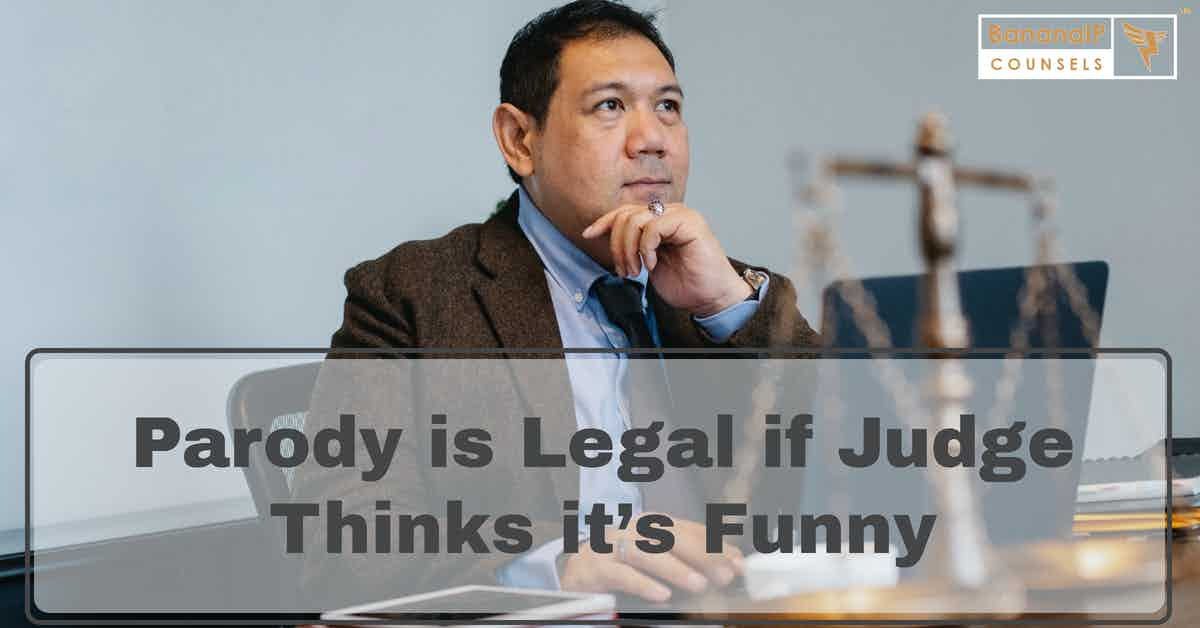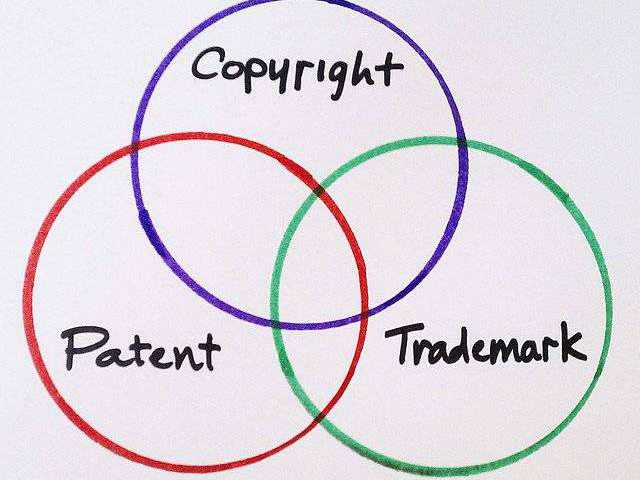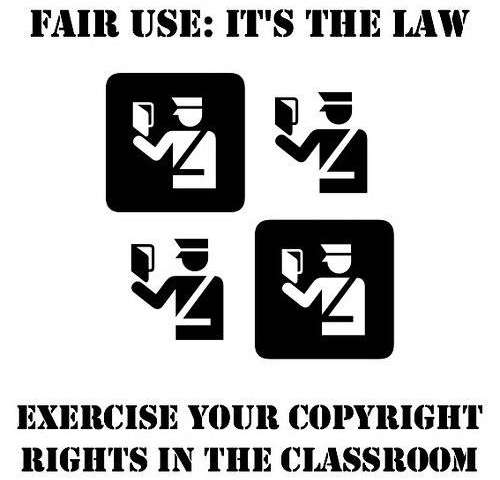Imagine, one day, if Copyright Laws were changed to account for the legality of a parody, a caricature or a pastiche[i], based on whether a Judge found it funny. For the citizens of UK, that day was October 1, 2014. Amendments to the Copyright, Designs and Patents Act, 1988, have done exactly this. Along with changes in Parody Law, there’s a new freedom by law to create personal copies, for private use[ii]. The UK Copyright Law, known to be anything but relaxed, has seen a crucial change, as can be seen below:
Copyright Law imparts unto a user the right to copy, bound by the following restrictions (not relating to computer programs):
- The original source of the copy must have either been validly purchased or gifted; (A person has to legally own the original material before they can copy it),
- The copy should be for ‘private use’, including for backup, shifting data, remote-access etc.; (i.e., for personal use by the owner of original, hence a personal copy),
- The copy should not be used for commercial purpose, directly or indirectly; (No means no),
- If the original material is transferred to another person, the right to personal copies is lost and they have to be destroyed; (If a person no longer owns the original, the copies can’t be used/owned either).
The law relating to ‘personal copies’ is unambiguous in nature, and any action relating to copies of copyrighted material, not allowed by the Copyright Law, is an infringement thereof. The law herein is well-defined and straightforward, in contrast to the law relating to parodies, as given below:
The UK Copyright Law has allowed recognition to parodies, caricatures and pastiches, and does so without giving an exact definition to any one of the aforementioned. The Amendment allows the use of copyrighted material for limited and delineated use only, i.e., for the purposes of parody (imitation with humorous / satirical effect), or caricature (an exaggerated semblance for entertainment / critique), or pastiche (imitation/expression/mash-up that is musical in nature).[iii]
Governing the law relating to parodies is the doctrine of ‘fair dealing’, which can be understood to be a lighter shade of equity; the Court assesses the actions of the infringing party and determines whether the use, and purpose thereof, of the copyrighted material was fair and justifiable. As the name suggests, while the doctrine of ‘fair dealing’ refers to fair use by the infringing party, the Court does not ignore the loss to the copyright-holder. While making its decision, the Court weighs factors such as the loss of revenue to the copyright holder and how much of the material was needed and used, i.e., whether the use and dealing thereof would qualify as fair or not. For example, using an entire copyrighted soundtrack would most certainly not be covered by fair dealing, but using a reasonable and small part might be.
As was with the law relating to personal copies, the law relating to parodies is also strictly bound by the following restrictions:
- The copyrighted material should have been made available to public; and
- The use thereof should be fair dealing with the material.
The law unequivocally provides that the aforementioned amendments do no impact / affect the laws relating to libel / slander; and therefore, if the copyright-holder believes that the parody or works thereof are defamatory in nature, or portray a misleading message, they can still sue the perpetrator in Court.
So, when a dispute w.r.t. the aforementioned Copyright Law comes before a Court, it shall be the duty of the Judge to decide if the end justifies the means; essentially, whether the parody, caricature or pastiche was actually funny / entertaining or not. If the copyrighted material was used to create material that could not legally be called a parody, caricature or pastiche, as provided and allowed by the law, the creator thereof would be in copyright infringement. In absence of exact definitions for the aforementioned, it shall be completely up to the Judge to decide whether the material is funny / entertaining / satirical or not, following whether it’s protected by Copyright Law or not. One cannot help but think of olden times; make King Judge laugh, and he might just spare you!
[i] The-Copyright-and-Rights-in-Performances – (Quotation-and-Parody) – Regulations, 2014.
[ii] The-Copyright-and-Rights-in-Performances – (Persona-Copies-for-Private-Use) – Regulations, 2014.
[iii] Exceptions-To-Copyright: Guidance-For-Creators-And-Copyright-Owner;
– Authored by Nitish Chaudhary



